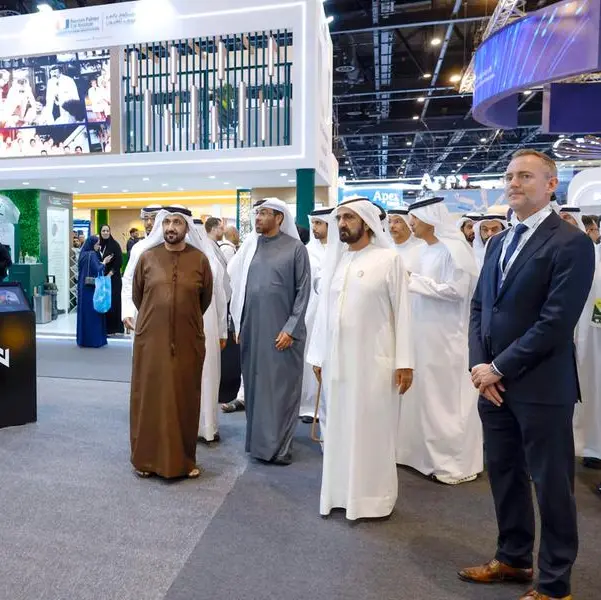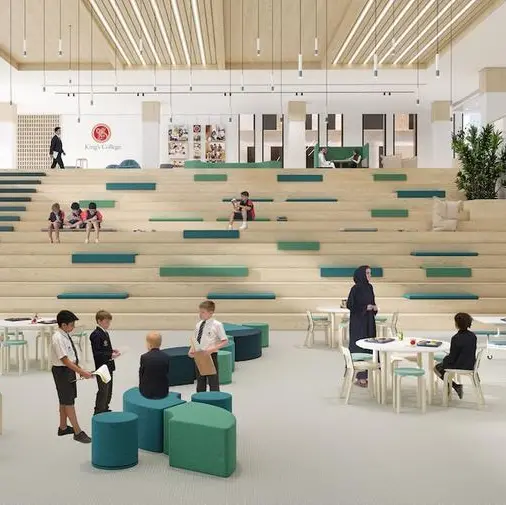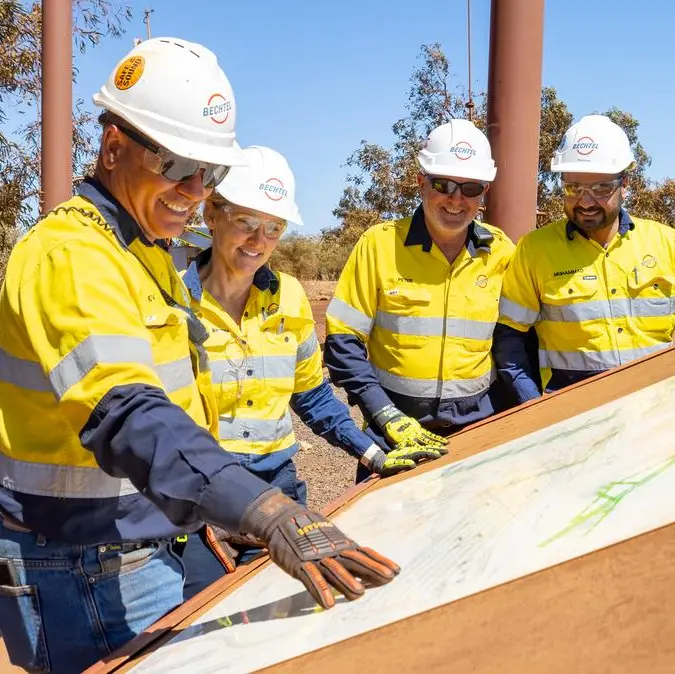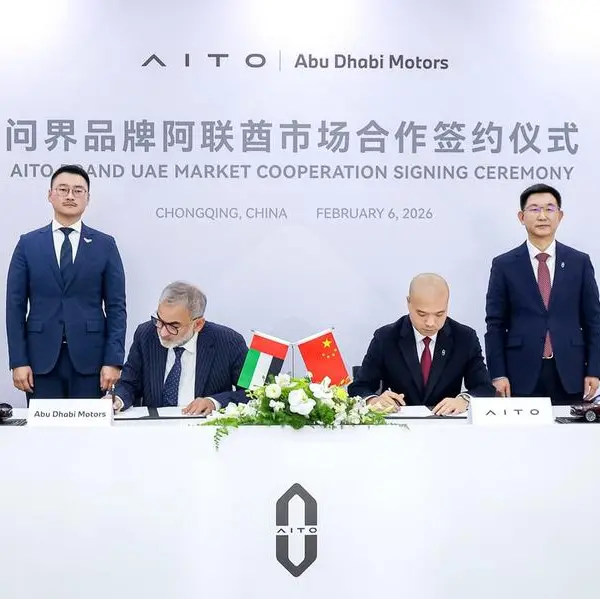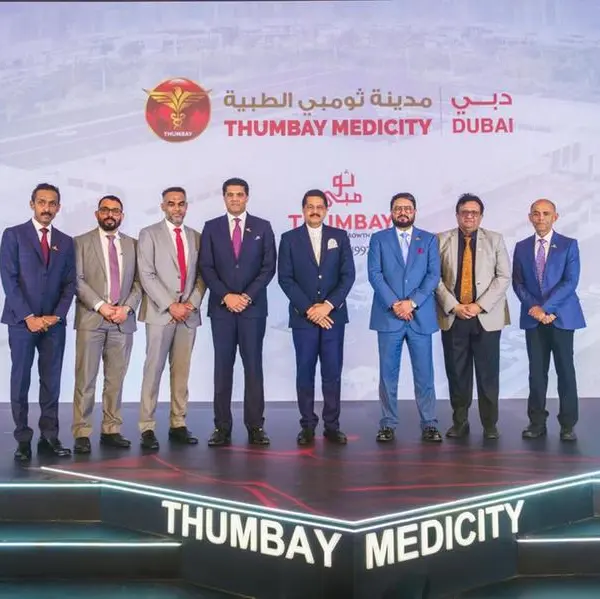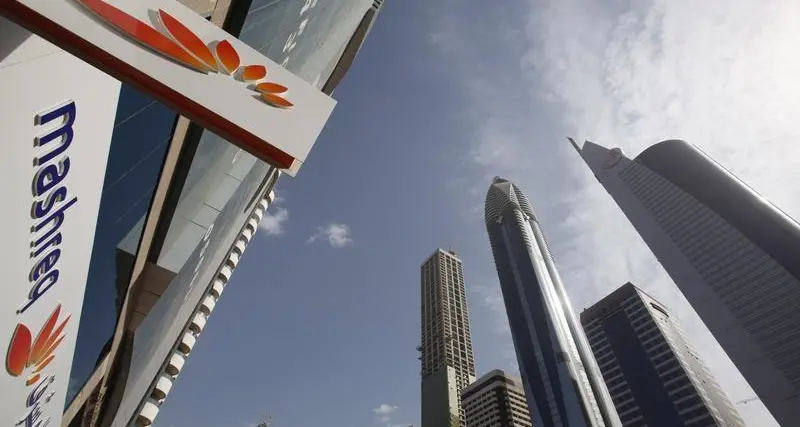Healthcare professionals at the 2nd Multidisciplinary Lung Cancer Forum called for increased lung cancer screening for high-risk patients to reduce the number of disease-related deaths in the GCC including the UAE. Across the region, lung cancer is the 7th most commonly diagnosed cancer, making up around 4.6% of all cancer cases1. In the UAE, lung cancer is the second most common cancer among males, and the leading cause of all cancer deaths2.
Around 60%-80% of cases in the GCC are currently diagnosed at an advanced stage, with the five-year survival rate as low as 10-20%3. In more than 90% of cases, the tumour has already spread beyond the lung at the point of diagnosis3. Consequently, regular screening for those at high risk is urgently needed for early detection and improved survival4.
Across the region, there is a need for more integrated screening programmes to aid earlier diagnosis. While a fast and highly sensitive test to identify possible lung cancer (known as low-dose computerised tomography) is available for people at high risk under the Department of Health Abu Dhabi and Dubai Health Authority screening programmes, screening uptake is low.
Some of the barriers highlighted include a slow cultural shift from curative to preventative health, as well as a need for dedicated awareness programmes about lung cancer screening amongst both the public and primary healthcare professionals. Coordinated systems to ensure high-risk people are called for screening are also important. The Forum also reflected on the impact that COVID has had on screening efforts, with a decrease in referrals and interruptions to acute care pathways noted as worrying challenges.
Promisingly, the development of more cohesive programmes is underway in several countries across the GCC, and technologies such as telemedicine and teleradiology could be transformational in reaching patients in more rural locations, who do not have access to a specialist cancer centre.
For those who are diagnosed with lung cancer, next generation sequencing (NGS) is becoming more widely available in the GCC. NGS analyses the genetic markers within the tumour that can be targeted by specific medicines and is at the forefront of precision medicine. In line with a move towards more targeted therapies, a new treatment option was recently approved by the UAE Ministry of Health for patients with early-stage epidermal growth factor receptor mutated (EGFRm) Non-Small Cell Lung Cancer (NSCLC), in which a specific genetic mutation helps the cancer to spread. During clinical trials, patients with EGFRm NSCLC, were given third generation EGFR tyrosine kinase inhibitors as adjuvant therapy after tumour removal. The treatment was found to reduce the incidence of disease recurrence, a common occurrence in early-stage disease, by 80%, compared to those taking placebo.
Prof. Abdul-Rahman Jazieh, Director of International Programme at Cincinnati Cancer Advisors, Adjunct Professor of Oncology Alfaisal University, and Chair of the Forum, said “The Lung Cancer Forum was initiated following a collective agreement between regional experts to advocate for treatment of advanced lung cancer in the GCC and to improve the overall patient journey from a multidisciplinary perspective. We encourage collaboration, research, knowledge sharing and professional development amongst the GCC lung cancer community and beyond. The availability of accurate data on lung cancer within the region is imperative to successful cancer care and I am delighted to take forward a discussion about the development of a GCC lung cancer registry. This will be invaluable to us all, especially those countries among us whose lung cancer populations are small and would benefit from more comprehensive regional data.”
Dr. Humaid Al Shamsi, Director of Burjeel Cancer Institute, VPS Oncology, UAE, and the President of Emirates Oncology Society, said “Lung cancer is a leading cause of suffering and mortality within the GCC, and that early screening is an important part of the successful management of the disease. In Abu Dhabi, the Department of Health has a clear screening protocol for lung cancer in place, but participation is low, and we do not have as much data available on the uptake as we do for other types of cancer. Access to this sort of information will be key as we address barriers to attending.
“For now, as we embed screening programmes into clinical practice, it is critical to start with the high-risk individuals. New technologies such as blood tests that look for cancer markers – known as a liquid biopsy – will change the way we look at cancer in the next five to ten years. It will become much easier and make screening more accessible to those who might not fit the traditional high-risk profile. In the UAE in particular, whilst our government is introducing tighter regulations aimed at encouraging people to quit smoking, research indicates that lung cancer is actually on the rise amongst young people, so this is very important.”
Peter Raouf, Oncology Business Unit Director, GCC at AstraZeneca, said “Bringing together all of the stakeholders at the Multidisciplinary Lung Cancer Forum is vital if we are to change our approach to cancer care in the GCC. To truly make a significant difference to the lives of those with lung cancer, and to cohesively address the burden of the disease within the GCC, all aspects of the healthcare system must come together. With a collaborative approach, as demonstrated by the forum, together we can directly enrich the region’s medical community, offer our patients better lung cancer care and improve both survival and quality of life.”
The 2nd Multidisciplinary Lung Cancer Forum featured a distinguished faculty of international experts from the Middle East and North Africa, chaired by Dr. Abdul-Rahman Jazieh, Director of International Programme at Cincinnati Cancer Advisors. The agenda included lung cancer screening and early detection, importance of proper staging and role of surgery in early stage, new approaches in management of epidermal growth factor receptor mutated EGFR early-stage NSCLC, survival benefits of immune-oncology after chemoradiotherapy in unresectable patients, and a panel discussion on how to improve lung cancer care in the Middle East. The virtual conference was endorsed by Alfaisal University in Riyadh, Saudi Lung Cancer Association, Emirates Oncology Society, Arab Medical Association Against Cancer, Cincinnati Cancer Advisors and the Royal Hospital National Oncology Center, Oman. The event was sponsored by AstraZeneca.
© Press Release 2021
Disclaimer: The contents of this press release was provided from an external third party provider. This website is not responsible for, and does not control, such external content. This content is provided on an “as is” and “as available” basis and has not been edited in any way. Neither this website nor our affiliates guarantee the accuracy of or endorse the views or opinions expressed in this press release.
The press release is provided for informational purposes only. The content does not provide tax, legal or investment advice or opinion regarding the suitability, value or profitability of any particular security, portfolio or investment strategy. Neither this website nor our affiliates shall be liable for any errors or inaccuracies in the content, or for any actions taken by you in reliance thereon. You expressly agree that your use of the information within this article is at your sole risk.
To the fullest extent permitted by applicable law, this website, its parent company, its subsidiaries, its affiliates and the respective shareholders, directors, officers, employees, agents, advertisers, content providers and licensors will not be liable (jointly or severally) to you for any direct, indirect, consequential, special, incidental, punitive or exemplary damages, including without limitation, lost profits, lost savings and lost revenues, whether in negligence, tort, contract or any other theory of liability, even if the parties have been advised of the possibility or could have foreseen any such damages.
